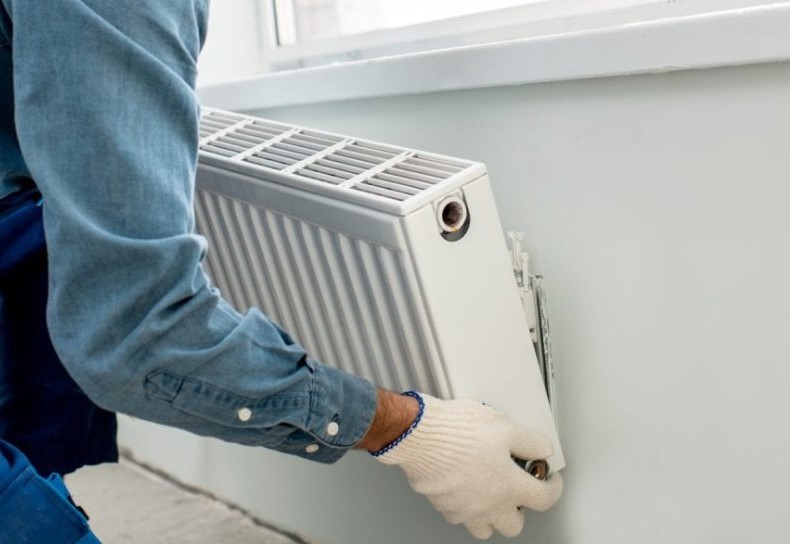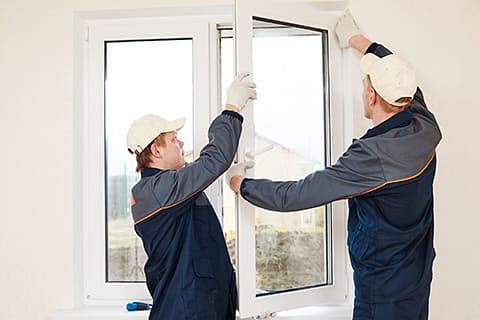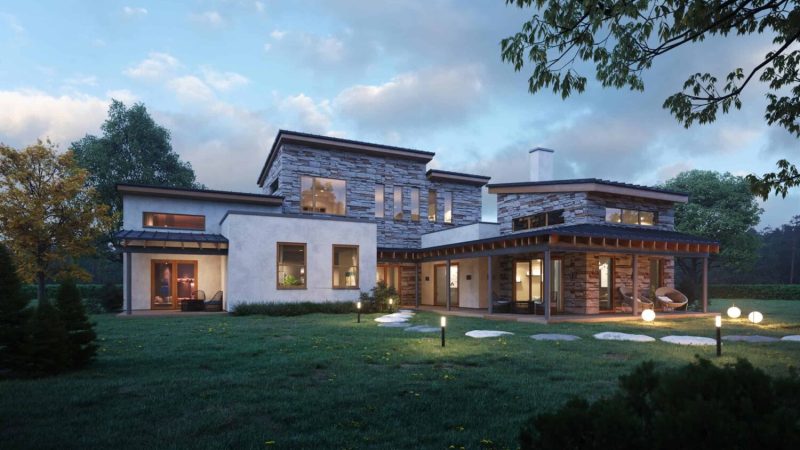How to Plan and Install a Central Heating System in Your Home

If you are looking to have a new first time central heating grants installed in your home, you need to find out what the costs are and how much time it will take. Also, you want to check out the different types of systems that are available. You should also be aware of zoning laws that can save you money.
Cost
If you are looking to new installation of central heating system in your home, it’s important to take into account the various factors that can affect the cost. These range from size to complexity, as well as other considerations. In general, it’s best to get a quote from several qualified installers to find the right deal for you.
The type of boiler you have makes a big difference to the overall cost of installation. You should be aware that there are three main types of boiler: standard, combi, and solid fuel fire. Each of these is suited to different sizes of home.
As you can imagine, the more complex your new installation of central heating system is, the more expensive it will be. It’s also important to understand that labour costs play a huge role in your final bill.
For instance, you may want to have a gas safe registered installer install your new boiler. Otherwise, you’ll be in breach of the manufacturer’s warranty.
Types of central heating systems
There are many different types of central heating systems. Each system works in a different way, so it is important to understand the different options before deciding which one to install.
The most common type of central heating system in the UK is a gas boiler. This is used in most commercial buildings and homes, and is the cheapest option for keeping a home warm. However, if you don’t have a gas supply, you will have to consider alternative the first time central heating grants.
Other heating systems include electric storage heaters and ground source heat pumps. They are more expensive than gas boilers, but are environmentally friendly.
You may also be able to use a district heating system. These systems generate heat from a central power source and distribute it through insulated pipes. Only 2% of homes in the UK are powered by this system, but it is growing in popularity.
Another option is to have an air-to-water heat pump. This is a more efficient system than a conventional system.
Time it takes to install a system
There is a lot to take into account when planning and installion of central heating system. The size of your property and the type of boiler you choose can influence the amount of time you need. However, you can minimise the installation process by doing your homework.
Depending on your needs, the time it takes to install a new central heating grants can range from one to two weeks. This is dependent on the type of heating you are using, the size of your property, and the number of people living in the home.
Installing a new central heating system involves laying out pipework, fitting radiators, and installing a new boiler. Some of these tasks are relatively simple, while others can be quite complex. For instance, if you want to install a cylinder for immersion heaters, you will need to have it connected to electricity mains.
If you plan on using alternative fuels to heat your home, you will need to have your existing pipes reconfigured. A power flush is one way of doing this. It is a process in which a chemically infused liquid is pumped through your radiators.
Saving money with zoning
Zoning is a way to heat various parts of your home in different times of the day. This helps save money on your heating and cooling costs in the long run. It also provides a greater control over your home’s temperature.
A zoning system uses a central cooling or central heating system to deliver temperature controlled air only when it is needed. This can save up to 30% on typical heating and cooling bills.
Zoned space heating controls have shown the greatest potential for reducing energy consumption. They reduce the average demand for gas on cold days and provide a large return on investment in the longer term. However, they have only proven their value by demonstrating a reduction in annual gas demand in two thirds of homes.
The Energy Saving Research Unit at Strathclyde University has carried out several studies assessing the effect of modern heating zoning controls on the overall energy demand of occupied dwellings. These have shown savings of around 12%.






